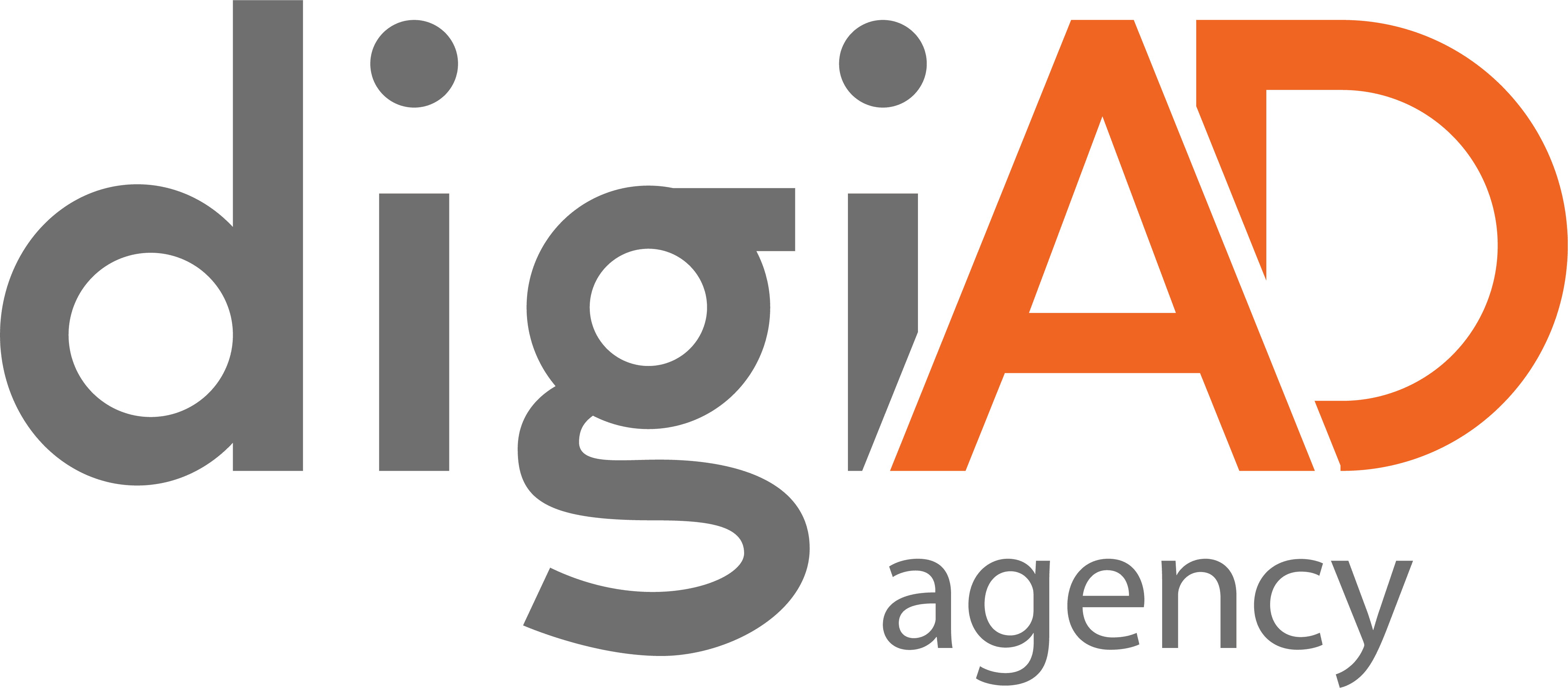Sitelock Security Scam: Can You Trust Them not to Hack Your Sites?” – A Closer Look.
When it comes to website security, individuals and businesses want to make sure their website is safe from malicious cyber attacks. One popular security solution is SiteLock, a company that claims to offer website scanning, firewall protection, and other security features. However, there have been concerns about SiteLock’s reliability and whether it can truly protect websites from hackers. In this article, a closer look will be taken at SiteLock to determine whether or not it’s a trustworthy security solution.
Sitelock Security Scam: Can You Trust Them not to Hack Your Sites? – A Closer Look
Online security is a top concern for website owners and developers. When it comes to managing WordPress sites, there are numerous security plugins available to guard against potential threats, but not all are trustworthy. The validity of security protocols and practices can sometimes be tricky to navigate. In this article, we will be taking a closer look at a video created by WordPress Tutorials – WPLearningLab, which talks about a bad experience with the Sitelock security plugin.
Introduction
WordPress websites are highly vulnerable to security threats, and protecting them is more critical than ever. Unfortunately, some security plugins fall short of their promises, posing a danger to website owners. Recently, WordPress Tutorials – WPLearningLab uploaded a video that raised eyebrows regarding the Sitelock security plugin.
The video in question provides a detailed recount of a website owner who had a bad experience with Sitelock security plugin. The website owner raised concerns about Sitelock’s practices that contradicted their promises. The video also offers a 10-Point WP Security Checklist that can be downloaded and used as a security protocol.
Why Are Security Plugins Important for WordPress Websites?
WordPress websites are one of the most top targets among hackers, and they are prone to attacks compared to other websites. It is essential to install a security plugin that can protect your website from unauthorized access and hacks. A reliable and secure security plugin can keep your website’s sensitive data safe and secure from potentially damaging threats.
Here are some of the reasons why having a security plugin is essential for WordPress websites.
- Malware Protection
- Firewall protection
- Login Protection
- Database Security
- Suspicious Activity Monitoring
- Email Security
However, not all security plugins are reliable, which brings us to the Sitelock security plugin.
The Experience and Concerns Raised
The website owner in the video recounts how Sitelock had misled them by exaggerating the number of successful attacks it had thwarted in the past. The website owner highlights Sitelock’s deceptive marketing practices, focusing on emphasizing the number of attacks while downplaying the severity of the attacks.
Furthermore, the website owner accused Sitelock of using misleading pricing models that didn’t reveal the real cost to the customers from the start. They hid the true price behind several upsells and hidden charges, which resulted in the website owner paying much more than expected.
Can You Trust Sitelock?
The Sitelock experience described by the website owner in the video is not unique, and other website owners have reported similar issues. The video strongly advises against relying on Sitelock entirely for website security, as their practices may pose a risk to your website’s safety.
It is widely recommended and advised to backup your website and install multiple security plugins to increase the safety and security of your website.
WPLearningLab’s Video and Resources
WordPress Tutorials – WPLearningLab is a fantastic resource for website owners and developers looking to learn about different aspects of WordPress. The creators of the site upload daily videos offering tutorials on various WordPress-related topics.
The video described in this article provides a real and concerning perspective of what a wrong security plugin can result in. The video also highlights the importance of creating a comprehensive security plan to protect your website from harmful attacks.
As a further resource, WPLearningLab offers a 10-Point WP Security Checklist that users can download to protect their website. Further on, the video provides a Smart PDF for an 11-Point WP Security Checklist.
Conclusion
In conclusion, security is a crucial aspect of any website, but not all security plugins are reliable. The video by WordPress Tutorials – WPLearningLab, highlights Sitelock’s deceptive practices and provides an insight into what can go wrong if you compromise on security. It is highly recommended to install multiple security plugins and always backup your website regularly.
FAQs After The Conclusion
-
Are there any trusted security plugins for WordPress?
Yes, there are. MalCare, Wordfence, and Sucuri Security are some of the popular security plugins that provide reliable protection for WordPress websites. -
Can I rely on a single security plugin?
No, it’s not advisable to rely on a single security plugin. It would help if you always followed a comprehensive security plan that may include two or more security plugins and backup regularly. -
Should I backup my website daily?
It’s recommended to backup your website, at least, once a week. However, if you frequently update your website, it’s better to backup more frequently. -
Can I still use Sitelock for website security?
While the decision lies with the website owner, using Sitelock for website security may not be the safest option. The use of several security plugins, a comprehensive security plan, and regular backups is advisable. -
Can I contact WPLearningLab for more information?
Yes, to find out more about WPLearningLab’s resources, you can contact them on Twitter @WPLearningLab. They offer daily WordPress tutorials of different topics on their YouTube channel, Facebook page, and Twitter account, where you can share your WordPress success stories using the hashtag #WPLLCommunity.






